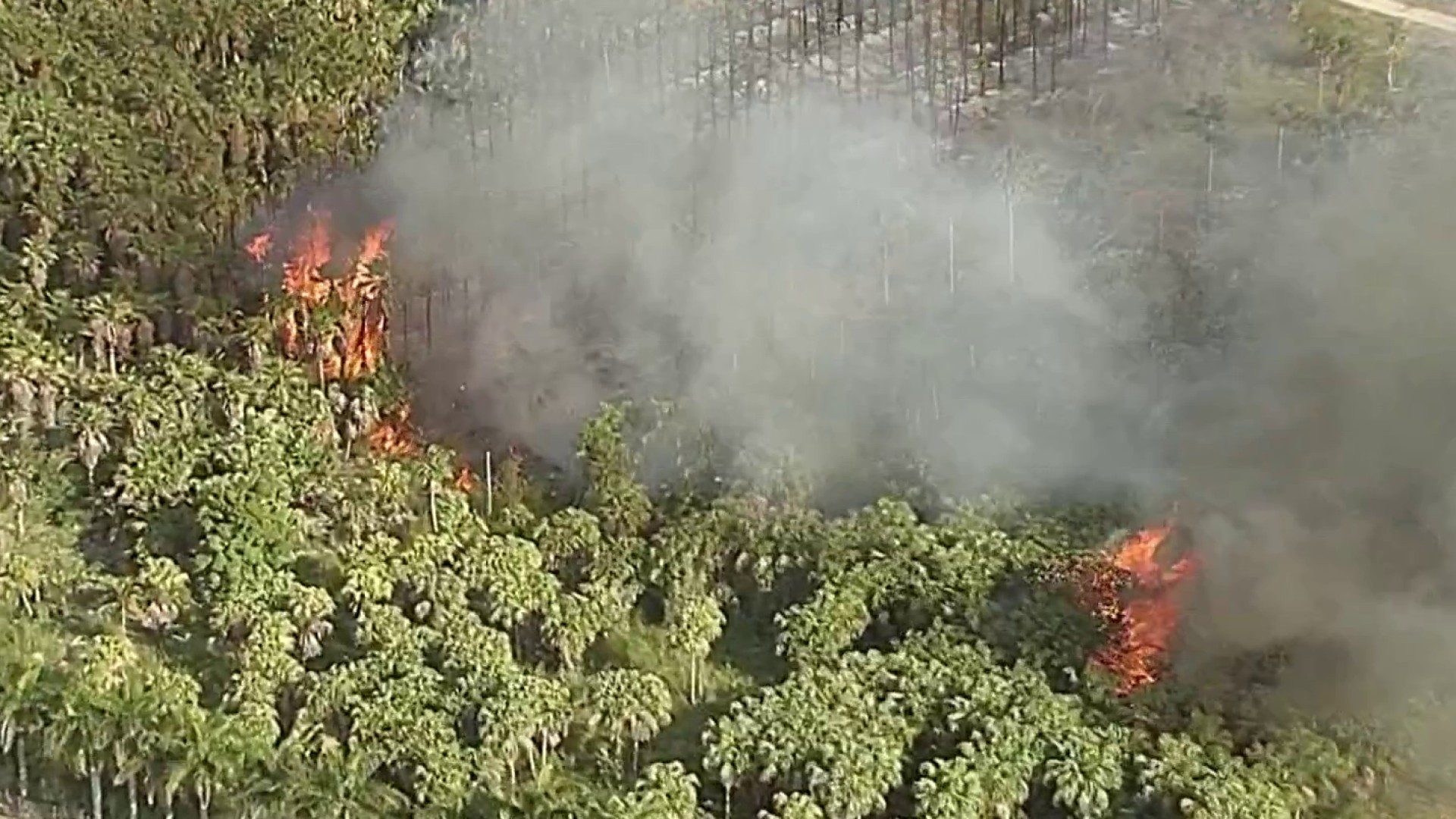When civilians “catch” online predators in the act, it’s a gift for law enforcement agencies, right? Not exactly.
“You can’t operate on your own, you can’t be a vigilante outside the parameters of what law enforcement is trained to do,” said David Weinstein, a former prosecutor and currently a defense attorney with Jones Walker law firm.
On Thursday, Broward Sheriff’s Office detectives arrested Melvin Anderson and charged him with traveling to meet a minor. The incident was set up and arranged by a group called Colorado Ped Patrol. They typically pose as 14-year-olds in online forums and wait for the predators to make contact.
In this case, which happened in July, the founder, Tom Fellows, was in a Dania Beach motel. Anderson showed up, allegedly expecting to meet a young boy.
Get South Florida local news, weather forecasts and entertainment stories to your inbox. Sign up for NBC South Florida newsletters.
Fellows confronted him and streamed the whole thing live on YouTube.
His viewers saw him talking to a bewildered Anderson, and then you see sheriff’s deputies arrive. They eventually took Anderson into custody. Fellows told them what was happening.
“My name’s Tommy, I’m with Colorado Ped Patrol, it’s a non-profit organization, we catch online predators,” Fellows says to a deputy who is not on camera.
Local
“Colorado what?” the deputy said.
“Ped Patrol, like pedophile, he showed up to have sex with a 14-year-old to that room, sent a (expletive) picture, he’s got a condom in his pocket,” Fellows replied.
“In this particular instance, he’s lucky that this individual was not a violent person who might’ve reacted differently to it,” said Weinstein.
He says while law enforcement appreciates tips and help from the public, cases like this are complicated.
“We don’t know necessarily if what this person is saying is sort of being fed to him by the person as he’s live streaming it,” Weinstein said.
Indeed, parts of the conversation between Fellows and Anderson could be construed to be leading.
“You just wanted to have sex with a 14-year-old, do you typically do that? Never, you never had sex with a 14-year-old before?” Fellows says at one point.
Florida is a two-party consent state, which means you can’t record video or audio of a conversation without the other person’s consent.
“Law enforcement is trained on how to do this and prosecutors are trained on how to do recognize when things would be admissible or inadmissible and cross the line," said Weinstein. "The goal of the system is to make sure that justice is done, not to simply punish people, so when you’re dealing with someone who’s outside of law enforcement, whether it be a vigilante or some average citizen, they’re not trained in how to collect the evidence, what to do with the evidence when they have it, or why or when it would be admissible, so it created all sorts of problems for a successful prosecution."
Weinstein says the video encounter is likely to be ruled inadmissible in court because of the way it was obtained. Law enforcement does not need to follow the two-party consent rule, but civilians do. However, the arrest form in this case indicates that Anderson confessed, so prosecutors might have a strong case even without the video.



